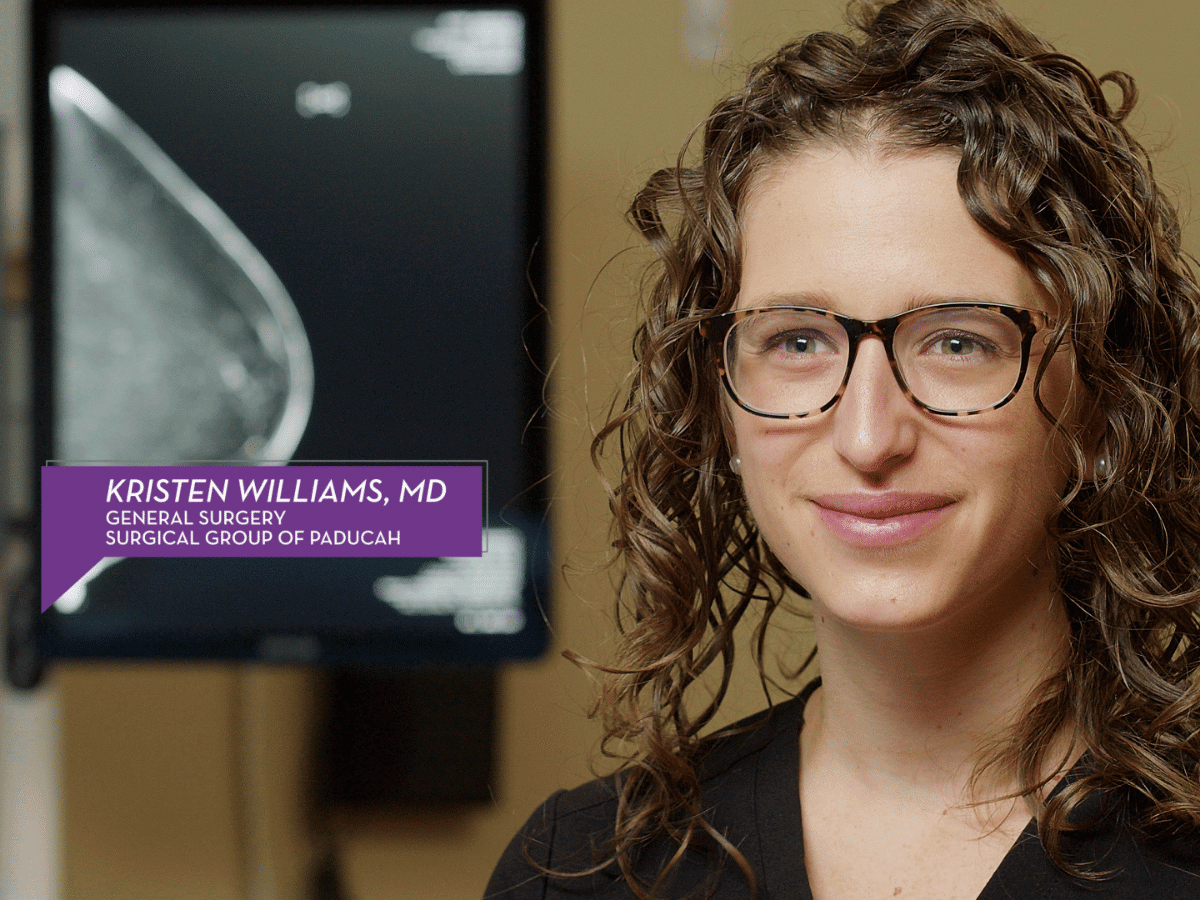Do Breast Implants Cause Cancer?

Breast implants are devices used to change the size, shape, or contour of breasts. If you have or are considering getting them, you may have heard stories about breast implants causing cancer and, consequently, have questions about their effect on your body. For example, do breast implants increase cancer risk?
This article covers breast implants and cancer, including whether breast implants are linked to cancer, cancer symptoms, and breast implant alternatives.
What is the Relationship Between Breast Implants and Cancer?
There’s a link between breast implants and cancer. However, the connection is often misunderstood regarding the type of cancer for which there’s an elevated risk.
Specifically, breast implants are not known to cause breast cancer or increase your risk. However, women with breast implants have a higher risk of a different cancer called anaplastic large-cell lymphoma (ALCL). It’s a type of non-Hodgkin’s lymphoma.
Research suggests that the incidence of women with breast implants (either silicone or saline) developing ALCL is very low — approximately 1 out of 50,000. Still, if an elective procedure like breast enhancement or reconstruction increases your chance of developing cancer, it’s important to consider the risk.
Other breast reconstruction practices, such as using textured tissue expanders, also increase the odds of developing ALCL.
What to Look For if You Have Breast Implants
Early detection of cancer is essential to positive outcomes. If you have breast implants, you should do regular breast self-exams. That includes checking for:
- Lumps or bumps
- Changes in breast size or shape
- Hardening in your breast
- Swelling on or near your breast
- New scar tissue near the original procedure scar
- Frequent or continual pain in or near your breast
- Pain in or near your breast that’s regular or constant
- Skin rash near your breast
- Hair loss
- Fluid collecting near your breast
- Exhaustion
ALCL can cause these symptoms, but so can other conditions like a ruptured implant. Either way, you should contact your doctor promptly if you experience any of them. You should also retain information on your implants, such as the manufacturer, model name, and unique device identifier.
What Are the Alternatives to Breast Implants?
You have other options if you prefer not to get silicone or saline breast implants, including:
- Choosing no augmentation or reconstruction.
- Wearing padded bras or inserts.
- Having a fat transfer procedure (using fat from your body to enlarge or reshape your breasts).
- Getting a breast lift procedure or mastopexy (having excess skin removed to raise and reshape your breasts).
Each alternative has its advantages, like boosting your self-image and self-confidence. However, they also have disadvantages. For example, padding options aren’t helpful when you’re undressed, and any surgery comes with the risk of complications.
So, it’s critical to make a carefully considered decision.
Should I Get Breast Implants?
To summarize the answers to some crucial questions about breast implants and cancer: Do implants cause breast cancer? No. Can breast implants cause cancer? Getting implants does increase your risk of anaplastic large-cell lymphoma slightly.
Before getting breast implants (or having them removed), you should talk with your Baptist Health doctor about the pros and cons. You can also find helpful information on breast health on our website.



